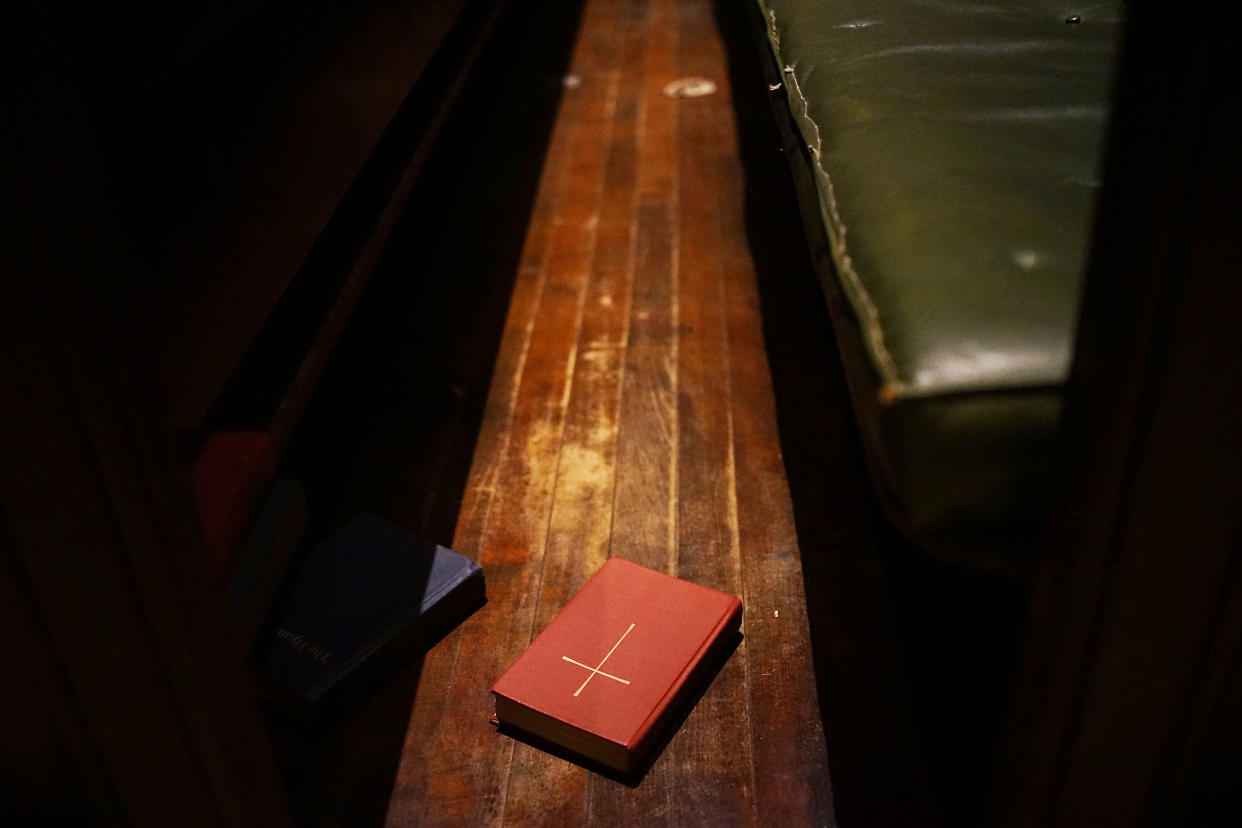Episcopal Church considers overhaul of Book of Common Prayer to make God gender-neutral

Anyone familiar with the Bible can attest that it includes a significant amount of masculine language. Father, King, Lord — God has long been referred to with masculine nouns and pronouns.
The Episcopal Church is considering overhauling its Book of Common Prayer, which is used worldwide in Episcopal congregations, to refer to the Supreme Being as neither male nor female.
According to the Episcopal Church website, the traditional male-centric language may be preventing spiritual inclusion, and, according to Episcopal News Service, it may be a “barrier to evangelizing young people.”
Will Gafney, a professor of the Hebrew Bible, told the Washington Post, “As long as ‘men’ and ‘God’ are in the same category, our work toward equity will not just be incomplete. I honestly think it won’t matter in some ways.”
Kathleen Moore, a seminarian from the Diocese of Vermont, supports the motion to remove gender from God because she believes God is bigger than human constructs. She said, “Let’s let God be God.”
This week, the leaders of the Episcopal Church met in Austin, Texas, to debate two resolutions. The first would be the modernization of the Book of Common Prayer, which was last revised 39 years ago.
This modernization would include gender-neutral language when referring to God, and some advocates want to include a Christian’s duty to earth’s conservation, as well as adding same-sex-marriage ceremonies (the church is known to be highly supportive of the LGBTQ community) and including a ceremony to celebrate the adoption of a new name by transgender individuals.
The church believes that a complete revision of the Book of Common Prayer would take many years, and the new book would not be ready for use in congregations until 2030.
The second resolution proposes that the church not update the Book of Common Prayer now but that it spend the next three years intensively studying the existing book.
This debate is not new; the United Methodist Church has also considered removing gendered language for God. In 2007, the Reform Jewish movement updated its prayer book to gender-neutral terms. More recently, the Church of Sweden has opted for gender-neutral language.
Read more from Yahoo Lifestyle:
Katharine McPhee and David Foster reportedly want to have kids: Is that even possible?
Kourtney Kardashian being slammed for hanging out with designer who called Selena Gomez ugly
Follow us on Instagram, Facebook, and Twitter for nonstop inspiration delivered fresh to your feed, every day.

